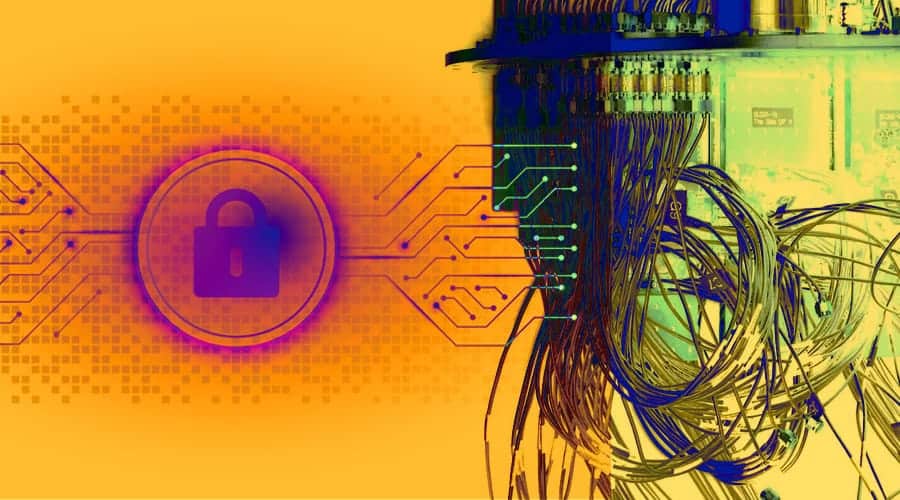The Impact of Quantum Computing on Cyber Security
A Quantum Leap: The Dual-Edged Sword of Quantum Computing in Cyber Security

Discover how quantum computing is revolutionizing cyber security, its potential to both strengthen and challenge existing security measures, and the need for quantum-resistant algorithms.
Quantum computing, with its immense processing power, is poised to revolutionize various industries, and cyber security is no exception. The advent of quantum computing presents both opportunities and challenges for cyber security. It has the potential to significantly enhance security measures but also poses new threats to existing encryption methods.
Breaking the Encryption Barrier
Traditional encryption methods, which form the backbone of current cyber security measures, rely on complex mathematical problems that classical computers find extremely time-consuming to solve. However, quantum computers, with their ability to perform multiple calculations simultaneously, could potentially crack these encryptions in a fraction of the time. This poses a significant threat to the confidentiality and integrity of data protected by current encryption standards.
Quantum-Resistant Algorithms

In anticipation of the encryption-breaking capabilities of quantum computers, researchers are working on developing quantum-resistant algorithms. These algorithms are designed to be secure against the computational power of quantum computers. Transitioning to quantum-resistant algorithms is essential for maintaining the security of data in a post-quantum world.
Enhanced Security Measures
On the flip side, quantum computing can also be harnessed to enhance security measures. Quantum key distribution (QKD), for example, uses the principles of quantum mechanics to secure a communication channel. It is theoretically impossible to intercept QKD communications without being detected. This could pave the way for ultra-secure communication networks.
Real-Time Threat Analysis

The processing power of quantum computers can be leveraged for real-time threat analysis. By analyzing vast amounts of data at incredible speeds, quantum computers could identify cyber threats and vulnerabilities much more quickly and accurately than classical computers. This could enable more proactive and effective security measures.
Preparing for a Quantum Future
As quantum computing continues to evolve, it is imperative for organizations and governments to prepare for its impact on cyber security. This includes investing in research and development of quantum-resistant algorithms, training professionals in quantum cyber security, and establishing standards and protocols for quantum communication networks.
Quantum computing represents a paradigm shift in computing power and capabilities. Its impact on cyber security is profound, as it holds the potential to both undermine and enhance existing security measures. The race is on to harness the power of quantum computing for strengthening cyber security while simultaneously developing defenses against the new threats it poses. In this ever-evolving landscape, agility, foresight, and innovation are key to navigating the quantum wave and ensuring the security of our digital world.

Comments are closed, but trackbacks and pingbacks are open.